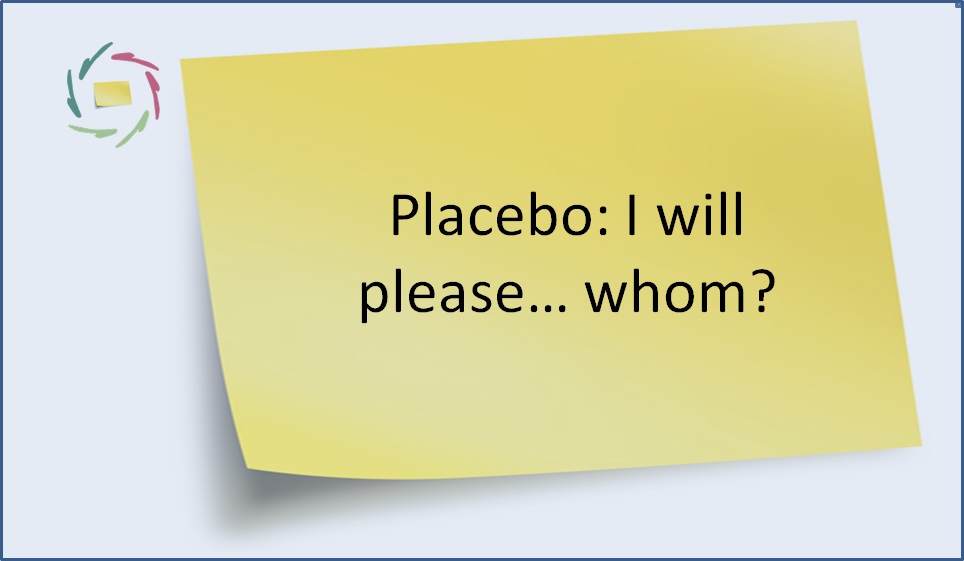Morality in Healing

The morality of healing lies in becoming a whole – healed – person. An in-dividual = un-divided.
Ethics is involved in healing. Not only in why and how, but in the actual healing itself. This would not be the case if healing were always as simple as attaining a prior state of health. But since mind is involved, things are more complicated than that.
Ethics is involved in healing. This insight actually helps your healing process.
I’m not talking about ethics as a set of rules, liked the ten commandments which are to be learned as such and applied automatically. Very different from this, healthy ethics simply admonishes people to change at a deep level towards being more themselves. This requires inner effort.
Inasmuch as mind is involved, illness also admonishes to change at a deep level. The parallel with ethics is no coincidence.
Ethical healing is: letting your inner self change spontaneously towards a healthy and coherent whole, this is: to ‘grow’. In this lies a deep confidence in inner goodness: the confidence that in case of healthily nurturing circumstances, a person spontaneously changes towards goodness. This does not mean however that mental illness, or illness in general, is morally bad. There have been times when this mistake was generally made. One should be on guard.
Ethical healing thrives on being confident in the goodness of yourself.
This confidence may be necessary to enable yourself to heal this way. So, it’s very important to work on this confidence itself. Without it, there will almost certainly be a lot of implicit resistance against letting yourself go in the healing process. It’s like trying to go forward and simultaneously stop yourself. This may lead to more inner tension or even anxiety.
So how can you be more confident in your own goodness?
I think the best way is to be deeply friendly to yourself. This is: to pay attention to who you really are and want to be. This is: to get to deeply know yourself and accept what you find.
From there, you can change in an ethical way and truly – truthfully – heal.


